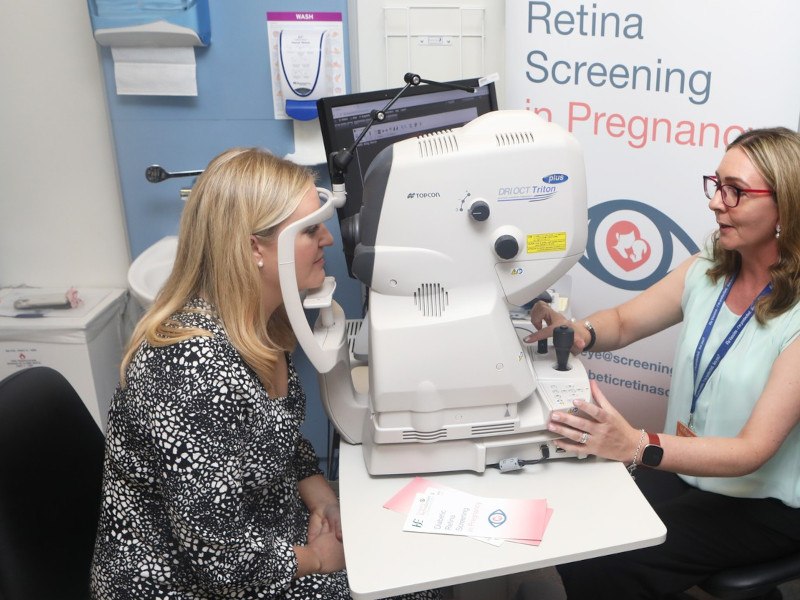
The new contract will expand NEC’s services to 160 sites across Ireland and aims to create a more streamlined service for diabetic retinal screening.
NEC Care – part of NEC Software Solutions – has become the HSE’s single provider of diabetic eye screening in Ireland.
The contract means NEC Care will support the HSE’s Diabetic RetinaScreen programme, which provides specific eye tests to people with diabetes. These retina screening tests aim to identify early signs of retinopathy, which can lead to permanent eye damage and blindness if not treated.
Regular diabetic retina screening is available free of charge under this programme, for people with type 1 and type 2 diabetes aged 12 years and older.
NEC Care was one of two providers contracted to deliver this HSE programme when it launched in 2013, but the new contract will expand NEC’s services to 160 sites across the Republic of Ireland. The company said it will also work on identifying new ways to deliver screening nationally.
The company said its screening software – OptoMize – is used to screen more than 1m each year for diabetic eye disease and that it supports 75pc of NHS screening programmes for people with diabetes in the UK. This software uses automation and advanced imaging tools to help reduce costs and improve outcomes.
Diabetic RetinaScreen Programme Manager Helen Kavanagh said the HSE programme provides an “essential service” that would not be possible without the “dedication and professionalism” of everyone involved.
“By providing community-based screening across 160 sites around Ireland, we work to make diabetic retinopathy screening accessible to everyone,” Kavanagh said. “NEC Care is a key part of our programme, and we look forward to working together in the years ahead.”
NEC Care said the new contract will also facilitate robust reporting and create a streamlined approach to the service across Ireland. NEC Software Solutions’ executive director for health and services Lydia Saunders said its patient management system will ensure “consistency of care across the whole country”.
“People with diabetes who are at risk of eye disease will benefit from frequent and local access to new technologies to reduce their risk,” Saunders said. “A single patient activity database will enable the NSS [National Screening Service] to identify trends, risk factors and patterns in treatment outcomes that will support clinical decision making.”
Last month, University of Galway’s Prof Fidelma Dunne discussed her work on gestational diabetes and how diabetes research has always fascinated her.
Find out how emerging tech trends are transforming tomorrow with our new podcast, Future Human: The Series. Listen now on Spotify, on Apple or wherever you get your podcasts.

